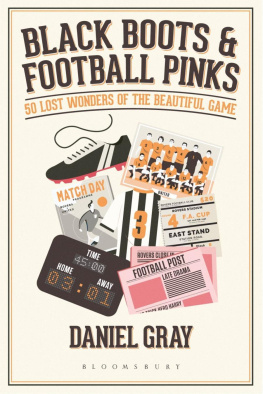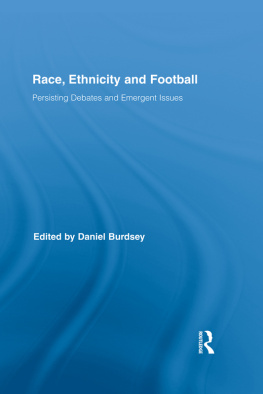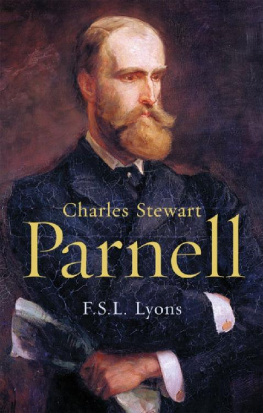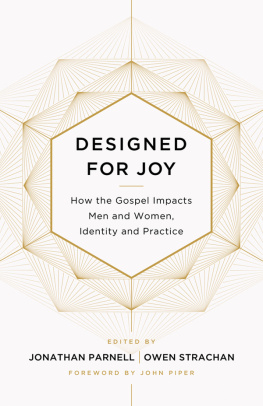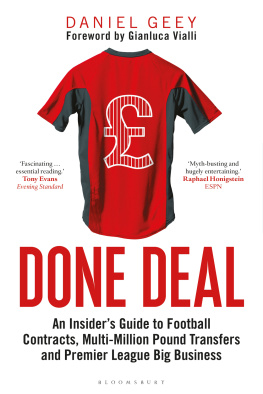
Football and Health Improvement:
An Emergent Field
There is developing interest in the use of sporting settings as a channel to connect people to health improvement services, and an emerging body of research highlights football as being associated with positive motivational and social elements that support the maintenance of a physically active lifestyle. This book provides insights into a range of issues surrounding the role of football as a vehicle for health improvement for different groups.
The contributors to this volume share some of the challenges and the benefits of using professional football settings as a channel for connecting people to health improvement opportunities. These chapters will be of interest to a range of stakeholders involved in research, policy and practice who stand to benefit from building partnerships with colleagues with expertise in (1) conducting evaluation and (2) reporting evaluation and research outcomes in peer-reviewed mediums, reflecting the value of partnerships between football-led health improvement and evaluators. This book was originally published as a special issue of Soccer & Society.
Daniel Parnell is a Senior Lecturer in Business Management at Manchester Metropolitan University, UK. His research interests cover the sport and leisure sectors within the United Kingdom and he works globally on a number of projects, in particular on the social role of sport.
Andy Pringle is a Reader in Physical Activity, Exercise and Health at Leeds Beckett University, UK. He researches the impact of physical activity and public health interventions. He is Fellow of the Royal Society of Public Health and a Topic Expert (in physical activity) for the National Institute of Health and Care Excellence.
Football and Health Improvement:
An Emergent Field
Edited by
Daniel Parnell and Andy Pringle
First published 2017
by Routledge
2 Park Square, Milton Park, Abingdon, Oxon, OX14 4RN, UK
and by Routledge
711 Third Avenue, New York, NY 10017, USA
Routledge is an imprint of the Taylor & Francis Group, an informa business
2017 Taylor & Francis
All rights reserved. No part of this book may be reprinted or reproduced or utilised in any form or by any electronic, mechanical, or other means, now known or hereafter invented, including photocopying and recording, or in any information storage or retrieval system, without permission in writing from the publishers.
Trademark notice: Product or corporate names may be trademarks or registered trademarks, and are used only for identification and explanation without intent to infringe.
British Library Cataloguing in Publication Data
A catalogue record for this book is available from the British Library
ISBN 13: 978-1-138-22146-8
Typeset in TimesNewRomanPS
by diacriTech, Chennai
Publishers Note
The publisher accepts responsibility for any inconsistencies that may have arisen during the conversion of this book from journal articles to book chapters, namely the possible inclusion of journal terminology.
Disclaimer
Every effort has been made to contact copyright holders for their permission to reprint material in this book. The publishers would be grateful to hear from any copyright holder who is not here acknowledged and will undertake to rectify any errors or omissions in future editions of this book.
Contents
Daniel Parnell and Andy Pringle
Angus Martin, Simon Morgan, Daniel Parnell, Matthew Philpott, Andy Pringle, Michael Rigby, Andy Taylor and Jon Topham
S. Zwolinsky, J. McKenna, A. Pringle, A. Daly-Smith, S. Robertson and A. White
Andrew Thomas Hulton, David Flower, Rebecca Murphy, Dave Richardson, Barry Drust and Kathryn Curran
Tal Litvak-Hirsch, Yair Galily and Michael Leitner
Daniel Parnell, Sarah Buxton, Des Hewitt, Matthew J. Reeves, Ed Cope and Richard Bailey
Stephen Zwolinsky, Jim McKenna, Daniel Parnell and Andy Pringle
Glen Nielsen, Anna Bugge and Lars Bo Andersen
Simon Lansley and Daniel Parnell
The chapters in this book were originally published in the journal Soccer & Society, volume 17, issue 2 (March 2016). When citing this material, please use the original page numbering for each article, as follows:
Daniel Parnell and Andy Pringle
Soccer & Society, volume 17, issue 2 (March 2016) pp. 171174
Angus Martin, Simon Morgan, Daniel Parnell, Matthew Philpott, Andy Pringle, Michael Rigby, Andy Taylor and Jon Topham
Soccer & Society, volume 17, issue 2 (March 2016) pp. 175182
S. Zwolinsky, J. McKenna, A. Pringle, A. Daly-Smith, S. Robertson and A. White Soccer & Society, volume 17, issue 2 (March 2016) pp. 183195
Andrew Thomas Hulton, David Flower, Rebecca Murphy, Dave Richardson, Barry Drust and Kathryn Curran
Soccer & Society, volume 17, issue 2 (March 2016) pp. 196208
Tal Litvak-Hirsch, Yair Galily and Michael Leitner
Soccer & Society, volume 17, issue 2 (March 2016) pp. 209224
Daniel Parnell, Sarah Buxton, Des Hewitt, Matthew J. Reeves, Ed Cope and Richard Bailey
Soccer & Society, volume 17, issue 2 (March 2016) pp. 225241
Stephen Zwolinsky, Jim McKenna, Daniel Parnell and Andy Pringle
Soccer & Society, volume 17, issue 2 (March 2016) pp. 242245
Glen Nielsen, Anna Bugge and Lars Bo Andersen
Soccer & Society, volume 17, issue 2 (March 2016) pp. 246258
Simon Lansley and Daniel Parnell
Soccer & Society, volume 17, issue 2 (March 2016) pp. 259266
For any permission-related enquiries please visit:
http://www.tandfonline.com/page/help/permissions
Daniel Parnell and Andy Pringle
Centre for Active Lifestyles, Research Institute for Sport, Physical Activity and Leisure, Leeds Beckett University, Leeds, UK
Less than 40% of men and 30% of women met the current recommendations for an active lifestyle and with insufficient physical activity levels, concerns prevail over the health and well-being of the UK population, along with thoughts as to how best to intervene.
Building on this interest, there has been substantial research output focused on football and health promotion. For instance, in a major development, researchers in Scotland recently shared clinically significant outcomes emerging from an RCT which assessed the impact of a gender sensitized weight management programme for men delivered in/by the Scottish Premier League.
Football and health improvement: this special issue
We are delighted to bring an eclectic mix of original studies and reflective accounts from colleagues. We anticipate that these contributions will be of interest to a range of stakeholders involved in research, policy and practice. With those thoughts in mind, we start with an Applied Editorial from colleagues from the fields of both Football and Health. In doing so, contributors share some of the challenges and the benefits of using professional football settings as a channel for connecting people to health improvement opportunities. In the understanding that football has been used to connect with hard-to-engage populations, Zwolinskys paper reports further outcomes from a gender-specific health promotion programme for men delivered in Championship and Premier League Football Clubs. Within the same national mens health programme, Hulton and Colleagues demonstrate how physiological markers have been to assess health effects with a hard-to-reach male population within one specific club. The First World War Christmas Day ceasefire is perhaps one of the most commonly cited examples of how football has been used to build relations during conflict situations, albeit temporarily. In a different context, Tal and colleagues paper evaluating conflict mitigation and health improvement through football, offers an interesting contribution of how sport is being deployed to build community relations and resolve conflict. Guidance on evaluation advises that programme evaluations should not only assess impact, but also the process of delivery, In preparing this special issue, we thank all who engaged with the call for papers. We hope that the offerings included in this issue will create interest and provoke both discussion and dialogue in shaping programme implementation, research and evaluation.





